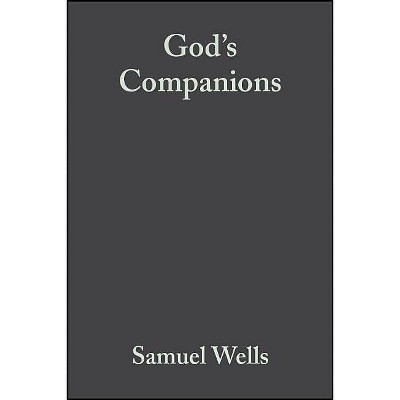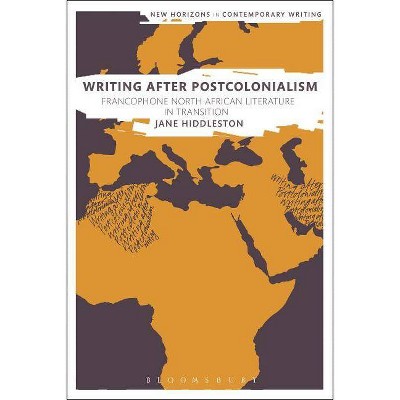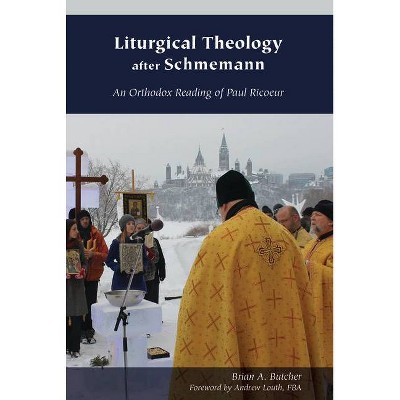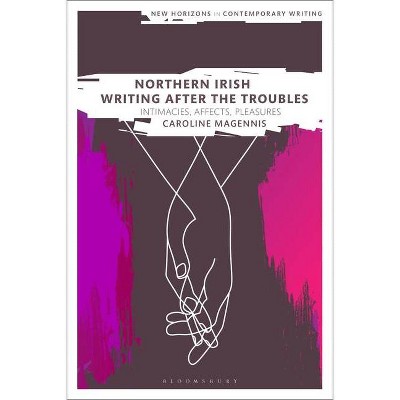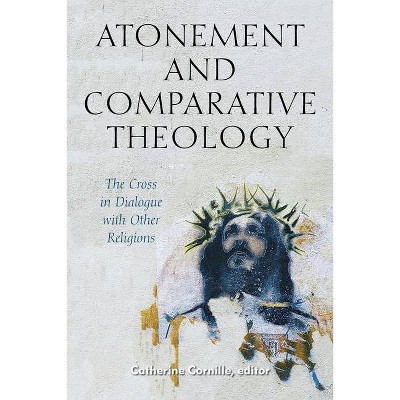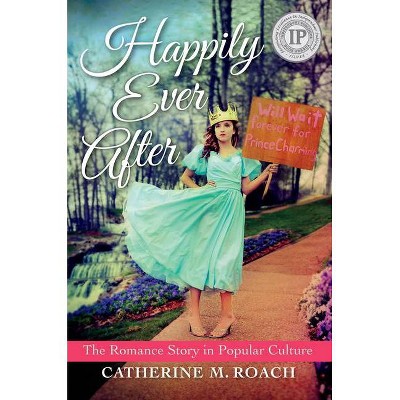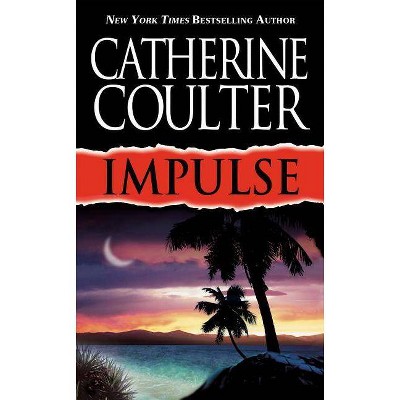After Writing - (Challenges in Contemporary Theology) by Catherine Pickstock (Paperback)
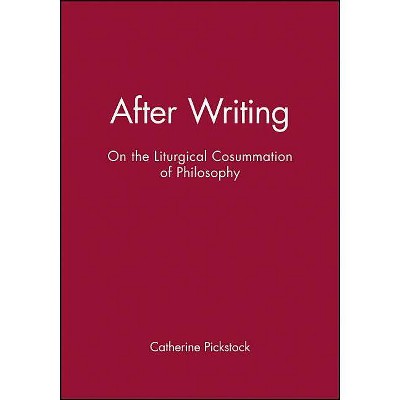
Similar Products
Products of same category from the store
AllProduct info
<p/><br></br><p><b> About the Book </b></p></br></br>Provides a significant contribution to the growing genre of works offering a challenge to the modern and post-modern accounts of Christianity. Author Catherine Pickstock references Platonic philosophy and provides an important rethinking of Christian understandings of language, temporal and bodily life, and notions of the presence of God.<p/><br></br><p><b> Book Synopsis </b></p></br></br><i>After Writing</i> provides a significant contribution to the growing genre of works which offers a challenge to modern and postmodern accounts of Christianity.<p/><br></br><p><b> From the Back Cover </b></p></br></br><i>After Writing</i> provides a significant contribution to the growing genre of works which offers a challenge to modern and postmodern accounts of Christianity. Catherine Pickstock shows how Platonic philosophy did not assume a primacy of metaphysical presence, as had previously been thought, but a primacy of liturgical theory and practice. The author also provides a significant rethinking of Christian understandings of language, temporal and bodily life, and notions of the presence of God by discussing the Christian understandings of the liturgical practice, especially in the Medieval and pre-Enlightenment era. Through a detailed reading of Plato's <i>Phaedrus, </i> the medieval Roman Rite, and a discussion of the theology of the Eucharist, the book indicates directions for the restoration of the liturgical order. <p>This book will be required reading for all systematic and philosophical theologians and their students, besides being of great interest to liturgists, historians and linguists. The ideas presented in the book are both significant in themselves and of great use at a teaching level.</p><p/><br></br><p><b> Review Quotes </b></p></br></br><br>Highly recommended. <i>Fergus Kerr, Blackfriars, Edinburgh</i> <br /> <p><i>After Writing</i> establishes Catherine Pickstock as one of the most promising young theologians in the English-speaking world. The book is insightful, provocative, and of consistently high scholarly quality. <i>L. Gregory Jones, Duke University</i><br /> </p> <p>I applaud the thesis of this impressive work. <i>Paul Avis, Center for the study of the Christian Church Exeter</i><br /> </p> <p>One could in conscience recommended this volume only to the ambitious and determined, but they will find it rich, and Pickstock is a name to be watching for. <i>William C. Placher, Christian Century</i><br /> </p> <p>Catherine Pickstock, has perhaps written the best riposte yet to the archbishop's request for a 'spiritual space' within the Millennium Dome. <i>C. W. Kemp</i><br /> </p> <p>Pickstock's discussion of Derrida is sophisticated. <i>Bryan D. Spinks, Yale University</i><br /> </p> <p>Lightning may now be said to have struck in the form of Catherine Pickstock's <i>After Writing</i>, a bright flash in the sometimes murky world of religion and Postmodernism. <i>David Williams, Religion & Literature</i><br /> </p> <p>its theses are destined to be the subject of much discussion. <i>Tracey Rowland, Gonville & Caius College, Cambridge</i><br /> </p> <p>Her argument deserves to be widely discussed: it is genuine theology, an example of what might be done were Christian theologians to abandon idolatry and take seriously the reality of the triune God to whom their work is supposed to be subject. <i>Paul Griffiths, University of Chicago</i><br /> </p> <p><br /> </p> <p>The proposal of a radical self-surpassing giftedness in the eucharist invites the possibility of future conversations with other hermeneutical positions. <i>David Livingston, Mercyhurst College</i><br /> </p> <p>This a book of real originality, and in its finest moments it achieves an almost visionary intensity ... She is extraordinarily gifted, and I suspect that in this book we have merely glimpsed her portent. <i>Pro Ecclesia</i></p><br><p/><br></br><p><b> About the Author </b></p></br></br><b>Catherine Pickstock</b> is a Research Fellow at Emmanuel College, Cambridge.
Price History
Price Archive shows prices from various stores, lets you see history and find the cheapest. There is no actual sale on the website. For all support, inquiry and suggestion messagescommunication@pricearchive.us
